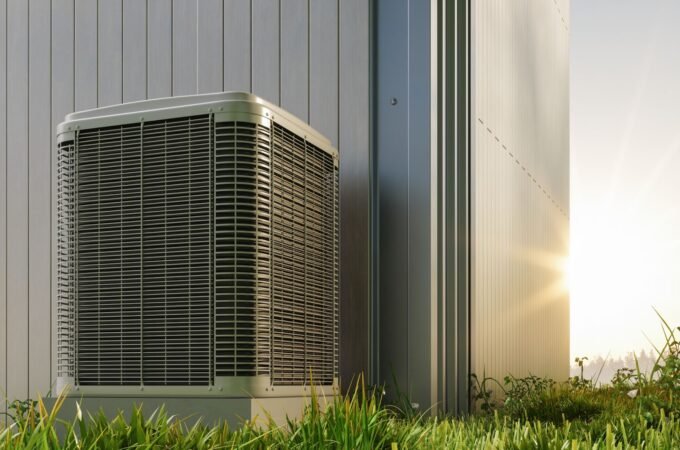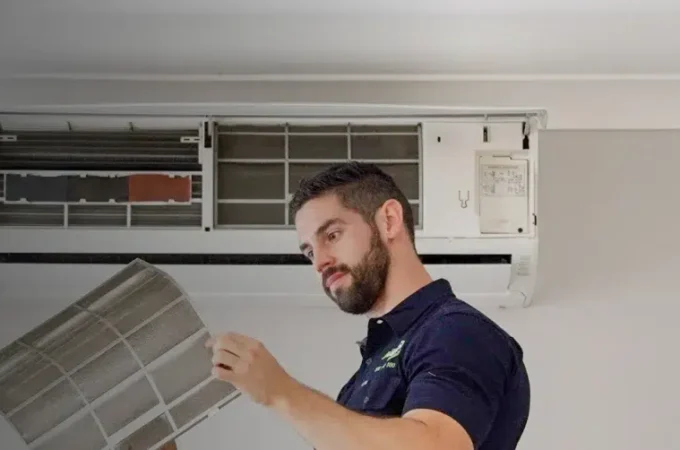
Lease: Who is Responsible for Boiler Repair Costs?
At the warning of my tenant that the boiler went into lockout at the first winter ignition, the plumber tightened the bolts twice, but the problem was repeated until the terminal of a pipe that was scratched during installation was replaced.
Since the boiler top-up can be performed by the user as described in the user manual, is the lady entitled to compensation for damages?
If yes, how could it be quantified in relation to the rent?
I would like to point out that this is a house used for the weekend, so I always asked a neighbor to top up the circuit on Friday.
Unfortunately, the thing lasted about two months, and for this period the lady does not intend to pay fees and expenses.
The law provisions useful to solve the problem described by the reader are the articles 1576 and 1609 of the civil code.

These regulations establish that during the lease:
- the costs of conservation and ordinary maintenance of movable things (and a boiler is a moveable thing) are the responsibility of the tenant;
- minor maintenance repairs are the responsibility of the tenant and that for minor maintenance repairs are to be understood as those that depend on deterioration caused by the normal use of the thing;
- on the contrary, the owner is responsible for repairs that depend on age or unforeseeable circumstances, that is on the age of the thing (therefore also of a boiler) or unforeseen and unforeseeable events (for example the failure caused by the fall of a lighting bolt).
Having made this necessary premise, in this specific case we can give this answer:
- if the boiler shutdown has been triggered by a physiological loss (ie from a loss due to normal use of the boiler) the repair is up to the conductor who, therefore, cannot claim any compensation from the owner;
- if, on the other hand, the loss that caused the blockage was triggered by a fault due to the age of the boiler (ie its advanced working age), the related repair and any related damage it is for the owner to bear them.
To know with certainty to whom it is up to them to bear the costs of repair and, therefore, whether or not there is a damage that the reader is called to compensate, it is therefore essential to establish precisely what was the cause that caused the blockade.
If the cause that caused the blockage is, as stated above, a physiological loss of circuit pressure due to normal use of the boiler, then it was up to the conductor to restore the pressure by referring to the instructions in the booklet and no damage now the conductor himself can demand from the reader.
On the contrary, if the cause that caused the blockage is due to a fault in the circuits or joints due to the advanced age of the boiler or to a fortuitous event, then the repair fell to the reader as the owner and always to the same touch to compensate the boiler damage (if actually existing) reported by the tenant.
The quantification of the damage, in similar cases, is equitable, ie it can be determined based on an equity assessment that takes into account all the elements of the concrete case (among the elements that, for example, can be taken into account to quantify the damage there are: the loss in percentage of the enjoyment of the apartment that has actually suffered the tenant: if total or only partial, if the tenant has given timely notice of the loss to the owner, if the owner has intervened promptly and effectively or not).

Finally, it is specified that the tenant, even if he is right, cannot forfeit the fee to be “reimbursed” for the damage suffered: he must, if he deems, ask the reader for compensation, but he cannot withhold any amount from the fees due.
The condensing boiler is an innovation compared to a sealed chamber boiler. Despite being of the same type, this one is energy-saving as it condenses the water vapor present in the expelled fumes, recycles the heat of the fumes and therefore increases the efficiency.
However, it needs a water drainage pipe and having the polyethylene flue pipes the new installation rules must be followed.
At the moment when the boiler has to be replaced because it is too old, it is not possible to choose any type but the correct installation regulations require the qualified installer to follow the UNI CIG standards (he must be a gas engineer with the requirements, not just a plumber)




